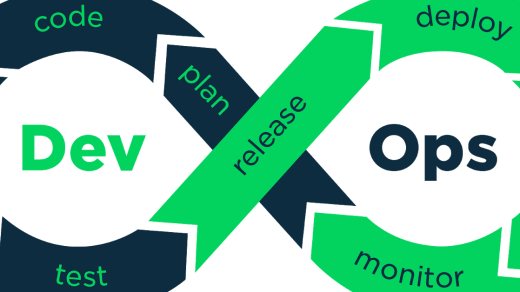Discover the inner workings of the Linux operating system with this comprehensive Kernel Programming Guide.
Foundations of Linux Kernel Programming
– Basic concepts of Linux Kernel Programming
– Understanding the structure and components of the Linux Kernel
– Familiarizing yourself with Kernel modules and their role in programming
– Learning about system calls and how they interact with the Kernel
– Exploring Kernel debugging and error handling techniques
– Studying Kernel configuration and compilation processes
– Gaining hands-on experience through practical programming exercises and projects
– Utilizing online resources and documentation for further learning and troubleshooting
– Seeking mentorship or joining a community of Linux Kernel programmers for support and guidance.
Foundations of Linux Kernel Programming involve understanding the core concepts and components of the Kernel. It is essential to grasp the structure of the Kernel and its modules to effectively write code. System calls play a crucial role in interacting with the Kernel and should be thoroughly understood. Debugging and error handling are important skills to master in Kernel programming to ensure efficient and reliable code. Configuration and compilation processes are key aspects of Kernel development that require attention to detail.
Practical programming exercises and projects can help solidify your understanding and apply your knowledge in real-world scenarios. Online resources and documentation are invaluable tools for self-learning and troubleshooting in Linux Kernel programming. Connecting with experienced programmers or joining a community can provide valuable mentorship and support throughout your learning journey. By mastering the foundations of Linux Kernel programming, you can unlock endless possibilities for creating powerful and efficient software solutions.
Debugging Techniques for Kernel Programming
When it comes to debugging kernel programming in Linux, there are a few key techniques that can help you identify and fix issues efficiently. One important technique is using printk statements strategically throughout your code to track the flow of execution and identify potential bugs.
Another useful tool is using a debugger like gdb to step through your code and pinpoint the exact location of errors. By setting breakpoints and examining variables, you can gain valuable insights into the behavior of your kernel module.
Additionally, leveraging tools like kprobes and ftrace can provide real-time tracing and profiling capabilities to help you diagnose performance issues and track down elusive bugs. These tools allow you to monitor kernel events and analyze system behavior in detail.
Advanced Topics in Linux Kernel Development
– Kernel architecture
– Memory management
– Process management
– Device drivers
– Kernel debugging techniques
Explore advanced topics in Linux kernel development such as kernel architecture, memory management, process management, device drivers, and kernel debugging techniques.
Understand the intricacies of the Linux kernel and how to optimize performance and stability. Dive deep into the codebase and learn how to make impactful changes.
Enhance your skills in Linux kernel development by mastering these advanced topics. Take your programming abilities to the next level and become a proficient kernel developer.



